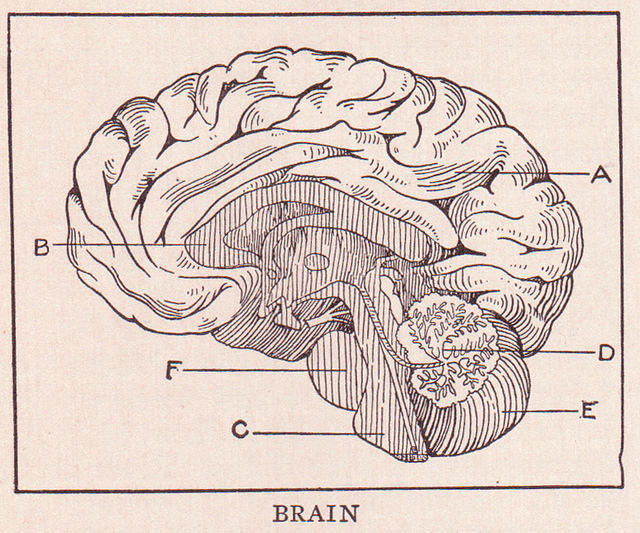In “What is Academic Writing?”, L. Lennie Irvin writes directly to new college students and claims, “Your success with academic writing depends upon how well you understand what you are doing as you write and then how you approach the writing task.” She focuses on ways to do both and sets up a good overview of what college students learn in composition courses and what skills you can hope to gain. This essay appeared in the OER text Writing Spaces, Vol. 2.
This work is licensed under the Creative Commons Attribution- Noncommercial-ShareAlike 3.0 United States License and is subject to the Writing Spaces’ Terms of Use. To view a copy of this license, visit http:// creativecommons.org/licenses/by-nc-sa/3.0/us/ or send a letter to Creative Commons, 171 Second Street, Suite 300, San Francisco, California, 94105, USA. To view the Writing Spaces’ Terms of Use, visit http://writingspaces. org/terms-of-use.
Download (PDF, 346KB)



